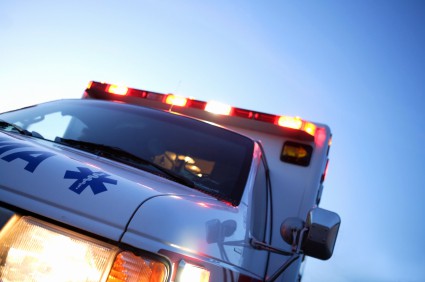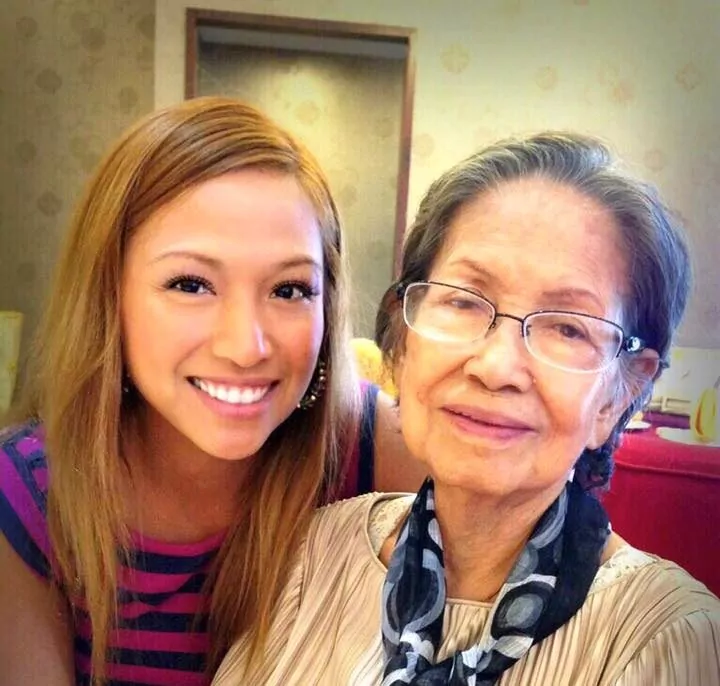 Some people are scared to call 911, simply because they are unsure whether they are faced with an emergency situation or not.
Some people are scared to call 911, simply because they are unsure whether they are faced with an emergency situation or not.
9-1-1 is a hotline for police, fire or medical emergencies. Do not call this number for non-emergency situations, as it should only be for cases when immediate action is required. Otherwise, call 4-1-1 for directory assistance or check the yellow pages for the listings of establishments in your area.
Typically for medical conditions, most people would call a doctor first to get advice. However, you have to remember that doctors are not readily available all the time. Therefore you have to keep in mind that for certain medical conditions, delaying medical attention may lower the chances of survival. Using your best judgment will be necessary. Be sure to call 911 right away if you think someone’s life is in danger.
Call 911 in any situation where someone’s health, safety or property is threatened
When should you call 911?
- When faced with a medical emergency
- When you think the victim’s condition will worsen on the way to the hospital
- When you think moving the victim will cause further injury
- When someone’s health, safety or property is threatened
- When a crime is in process
Here are some signs of a medical emergency:
- Uncontrolled bleeding
- New or sudden difficulty breathing or shortness of breath
- New chest or upper abdominal pain or pressure
- Loss of consciousness
- Unexplained seizures or convulsions
- Sudden dizziness, weakness or change in vision
- Drowning
- Severe burns
- Drug overdose or poisoning
- Motor Vehicle Accidents
- Choking
- Unexplained severe headache
- Sudden or intense pain
- Suicidal or homicide feelings
Remember to use your best judgment all the time. When in doubt, call 911. As the saying goes: "Better safe than sorry."
Other SeniorCareHomes.com Helpful Links:
- Seniors Online Community & Discussion Forum
- Senior Care Facility Search
- Senior Facility Registration
Copyright © 2009 SeniorCareHomes.com. All Rights Reserved.
Catharine “Kate” is a Certified Administrator for Residential Care Facilities for the Elderly (RCFE) and an Expert Senior Care Advisor. Kate’s grandmother battled Alzheimer’s Disease and Kate personally understands what millions of families are going through. Kate and her team are very passionate in empowering Seniors and their families by providing them with the Best Available Senior Care Options based on Senior’s care needs, preferred location and family’s budget.


